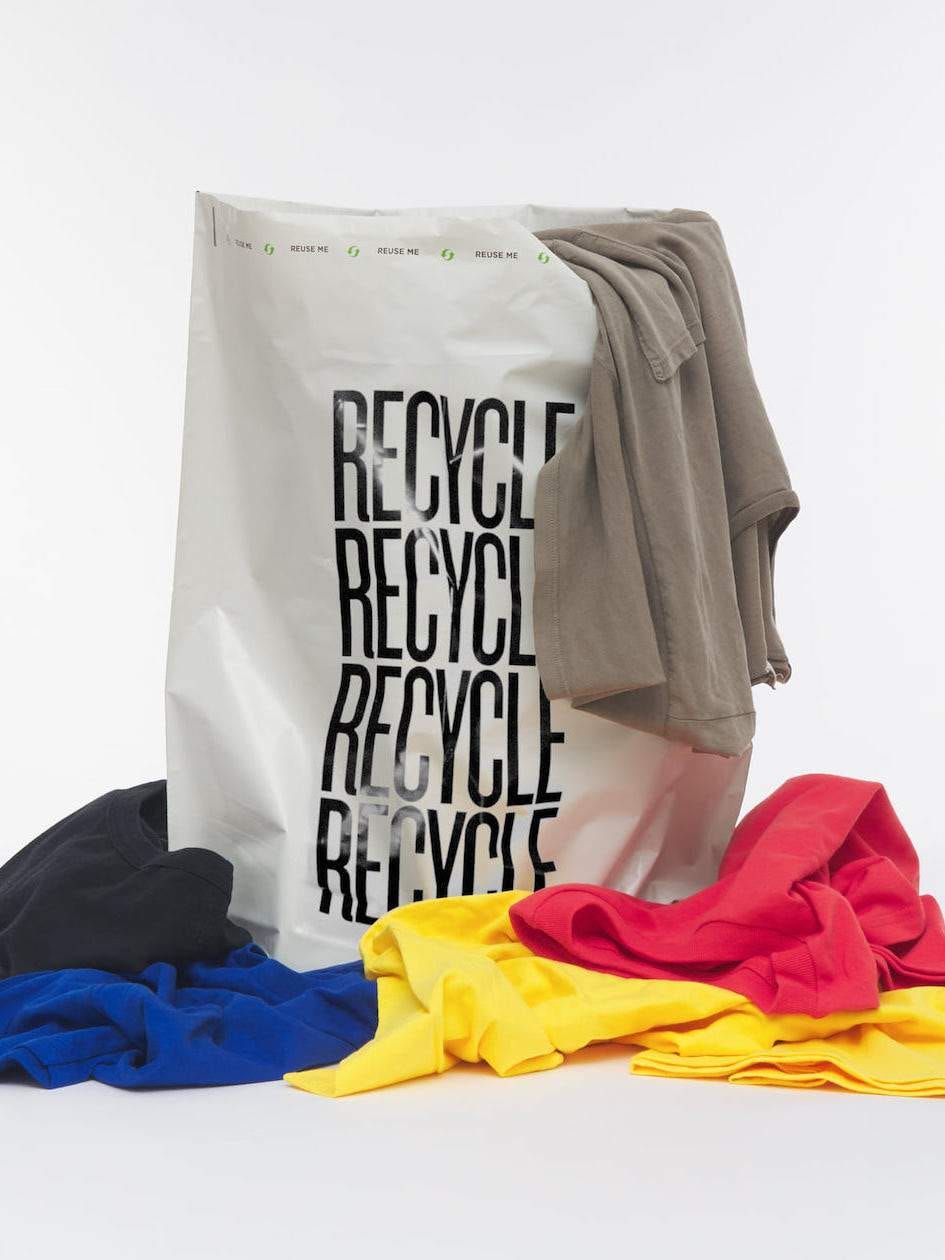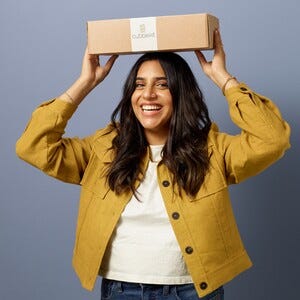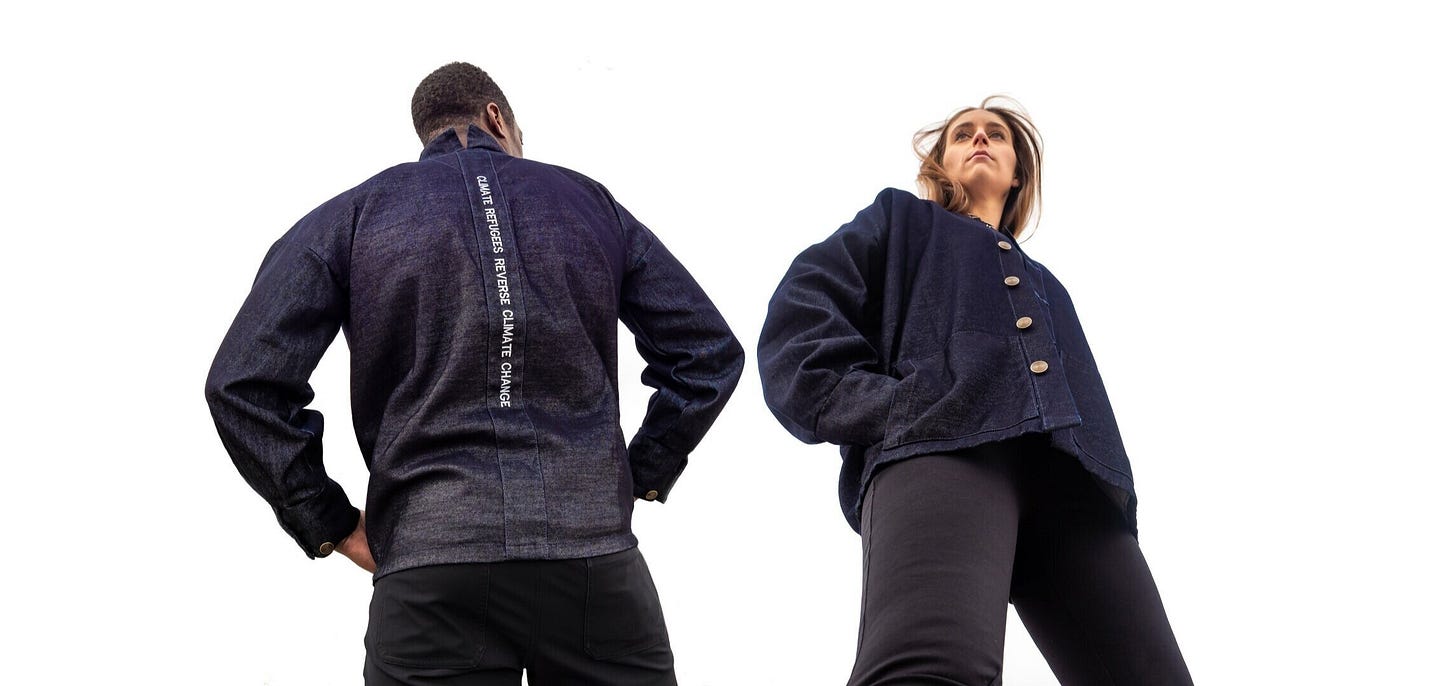2 weeks ago, we vacated our condo.
And decided to leverage that opportunity to shift to a more minimalist lifestyle.
It was time to say goodbye to all the clothes that hadn’t left the closets for months.
And when we collected all of them, we had 4 IKEA bags full of clothes.
If you haven’t seen an IKEA bag, this should give you an idea (the volume is 71 litres)
We had 4 of them!
And then came the question- what do we do with all these clothes?
Letting them go to a landfill was not an option.
We could have dumped them in the red bins in our condo that are for old clothes.
I did some research(Google first page results) on the red bins and could not find a lot.
So I was skeptical that the red bin might just lead to a landfill.
Searched a bit more and found Haven on the Queensway- a non-profit organization that takes clothes that you no longer wear.
We luckily had a car on our second last day.
Loaded everything in it and showed up at their doorstep.
We didn’t have an appointment but they were very accomodating.😊
Couldn’t take any photos but the way they were collecting and segregating everything, that made us believe that these clothes would get a second life.
But in this entire process, I realized that we did not have a lot of incentive to act the way we did.
Finding the right place, booking an appointment, leasing a car (in case you’re carless like us), going during your working hours and donating- these are all hurdles.
And makes it really difficult to do the right thing, even if you want to.
I wondered if there were any startups solving that- helping clothes get a second life.
And found these 3 amazing ones⬇️
Produce, Purchase, Pollute…The fashion industry operates on a linear model. 85% of all textiles eventually end up in landfills. And they are made of materials that take hundreds of years to decompose. So the next time you buy a piece of cloth, remember that it’s going to live longer than you.
True Circularity…Kristy Caylor saw the impact of fashion on people and the planet firsthand while working with brands like Gap, Inc. And decided to do something about it. Her first startup was a design-driven brand called Maiyet. But as it was a luxury brand, she understood that it would not solve the problem for the masses. So she started For Days, a zero-waste basic brand that allows customers to trade in their old clothes in exchange for new ones.
Consumers can order a take-back bag from For Days- small, medium or large.
They can stuff clothes from any brand, in any condition in the bag and send them to For Days.
In return, they instantly earn Closet Cash (store credit), which can be used for future purchases on For Days’ website.
Clothes with a resale value…With their recycling and refurbishing partners, For Days upcycles these clothes into new ones. For the new clothes that you buy from For Days, you would always see 2 prices- one that you pay upfront, and the other that you’ll receive as a credit when you send the item back to be recycled. An Everyday Stripe Long Weekend costs $38, with a swap value of $10.
I don’t have kids…But from what I’ve read and seen, kids go through clothes really fast. Shopping for your kid’s clothes seems like a never-ending task. And if you are not a hoarder(or don’t plan to have another kid) or don’t have time to donate these clothes, they would end up in a landfill.
As a new mom… Salwa found it time-consuming and difficult to find high-quality, soft baby clothes. Another struggle was to find clothes that were manufactured ethically and were environmentally friendly. So she set out to create Cubbiekit, whose mission is to create happier parents and a happier planet.
Parents take up a 5-minute quiz to fill in information like baby’s sex (they can choose neutral) the location, and their age.
An assortment of ultra-soft organic basics is delivered by Cubbiekit every 3-4 months- season and baby growth are kept in mind.
When the baby outgrows these clothes, parents can send back the clean clothes to Cubbiekit.
Incentivizing…Parents receive a discount code if they participate in the closed-loop program. Due to hygiene concerns, Cubbiekit stays away from reselling its products. However, it works with its factories and partners to donate these clothes to a family in need or recycle them. They have also partnered with Gay with Kids to give dual-dad families a 20% discount on a full subscription to Cubbiekit. 🏳️🌈
Did you know?… The fashion industry contributes to around 10% of the global carbon emissions. That’s way more than the entire airline industry. And the situation doesn’t seem to be improving. In traditional clothing design, 10-30% of the fabric goes to waste, which eventually ends up in landfills.
Sustainable and affordable…Shelly Xu witnessed fashion’s negative impact firsthand while travelling across China, Japan and the US as a child. So she brought together her undergraduate degree in sustainability, her creative experience with Instagram and the entrepreneurial community at Harvard(where she did her MBA) to find Shelly Xu Design (SXD). It’s a fashion tech startup that makes zero waste, affordable fashion designs.
Each design starts with the scrap or remnant fabric that could have otherwise ended up in a landfill.
On-demand production- production starts only after the order is received- no extra stock.
Clothes are stitched by local seamstresses that find it hard to get fair pay and a job opportunity.
Climate Refugee Jacket…They also work with climate refugees in Bangladesh, which is one of the biggest clothing manufacturers in the world. The rising sea levels in the country would displace more than 20 million people by 2050. SXD is helping these climate refugees rebuild their lives. With them, they produce upcycled denim jackets(from all the denim waste in the country) and these refugees are paid 4X the local wage.
Leftovers
Why should countries like Pakistan worry about fast fashion?
In which countries does used clothing end up?
A desert in Chile is suffering from fast fashion
If you liked this edition, please do share it. That would mean a lot😊
Hit that 💚 if you liked today’s edition.
Are you following us on Instagram?
Thanks and see you next week😄














